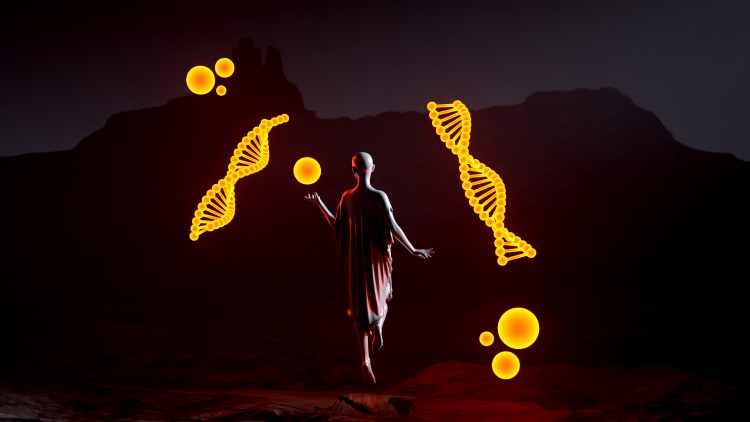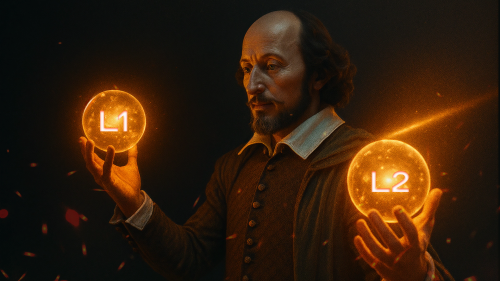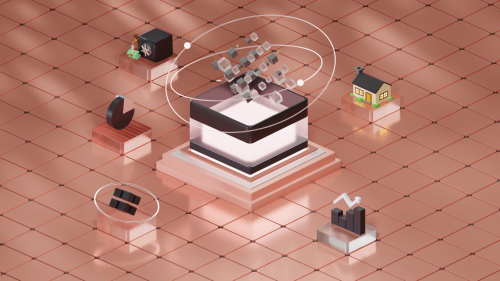Galapagos tortoises can live up to 170 years. The Greenland shark has a lifespan exceeding 400 years, yet the average human life expectancy today is only around 73 years.
Many people have dreamed of living forever, but we are the first generation with a real chance of making it a reality. Could the human race defeat the aging process in our quest for immortality?
According to estimates from the Aging Analytics Agency, the longevity economy is well on track to reach $33 trillion by 2026.
What is a longevity health plan: Could it be the answer to eternal life?
These plans are designed to improve health status and increase healthy lifespans through preventive and personalized new-generation medicine.
You’re probably wondering how these lifespan extension plans are built and where the data they built on comes from. Longevity health research is a growing field.
Firstly, longevity health planning is borne from biotechnology research designed to develop new drugs that address aging as a root cause of disease.
According to Dr. David Sinclair, PhD, author of “Lifespan—Why We Age and Why We Don’t Have To”, he states: “Many of my colleagues agree that there is no biological law that says we must age.”
But what does all this have to do with blockchain? Leveraging blockchain offers secure storage, sharing, and analysis of health data across multiple platforms. This, in turn, enhances medical accuracy and supports longevity research without compromising privacy.
And why would having a longevity/lifespan extension plan be good for you? Being part of a longevity health program should result in a longer health span and lifespan. This means that a higher and longer quality of life is much more likely to be achieved.
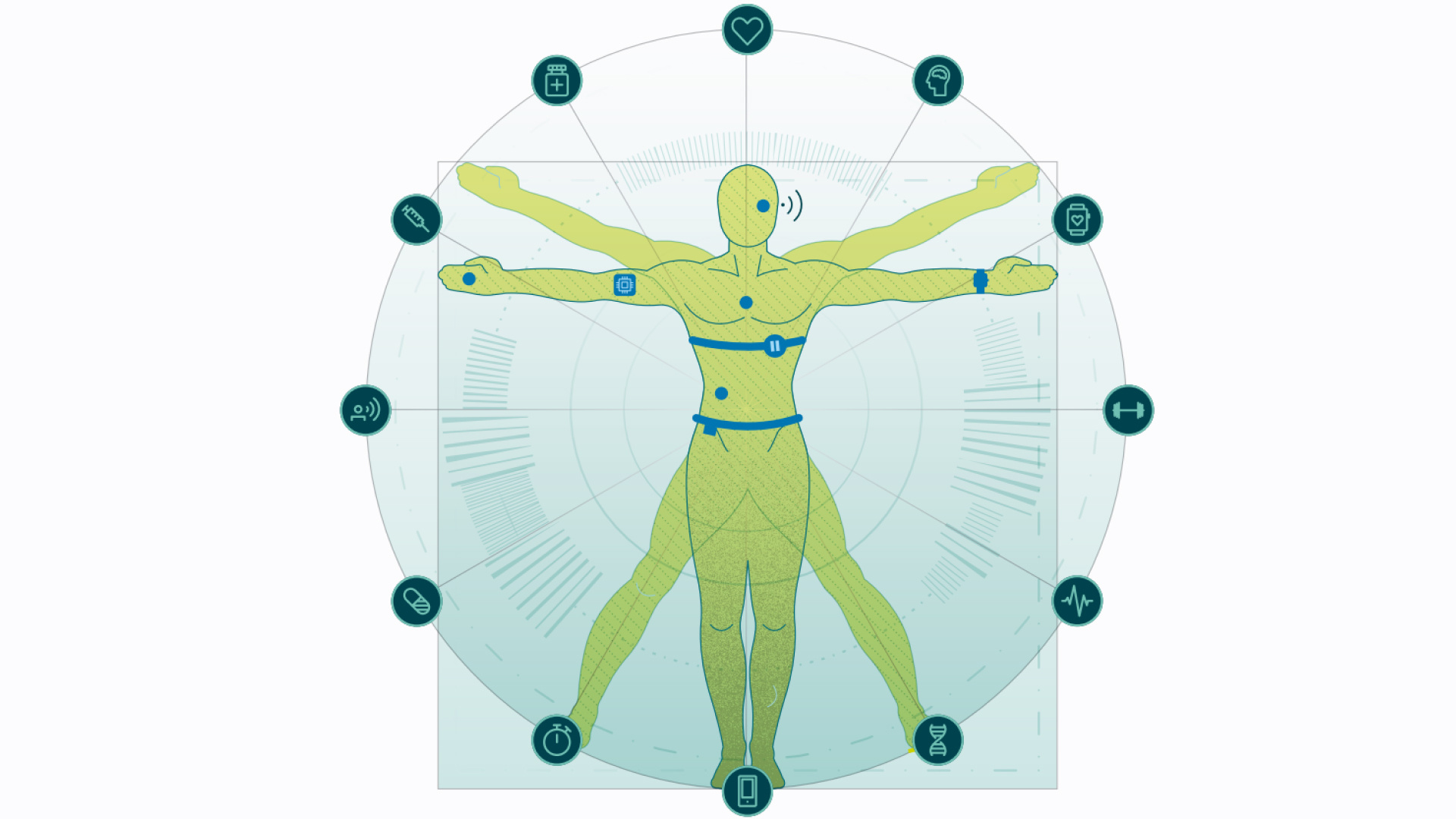
Decentralized science and blockchain: Forging the future of longevity health
By utilizing decentralized funding mechanisms in DeSci, researchers can bypass traditional funding routes and access funds with greater impartiality. This ensures that scientists can evaluate longevity-based projects on their scientific merit.
Blockchain-based solutions enhance patient data’s privacy and security, facilitating improved data sharing, trust, immutability, and transparency in transactions and data management.
Furthermore, DAOs also play a part in this process. Let’s have a brief look at where they fit into this picture.
Longevity DAOs and DeSci – streamlining longevity healthcare research
A Decentralized Autonomous Organization (DAO) is a Web3 concept that, thanks to blockchain, allows communities and collective organizations to be managed and governed without a traditional hierarchical structure.
The Longevity DAO simplifies access to information, allows participants to contribute and make informed decisions, and rewards the longevity community members with NFTs. This incentivizes more active contributions, fostering a culture of innovation and progress.
Although utilizing these technologies is a huge step forward, what about the difficulties scientists and researchers face? Let’s sum this up.
What are the challenges of longevity research in DeSci?
As with medical and healthcare data research, scientists must overcome these key obstacles: Patient recruitment and retention, data privacy issues, regulatory hurdles, fluctuating data quality, low internal validity, increasing complexity of clinical trials.
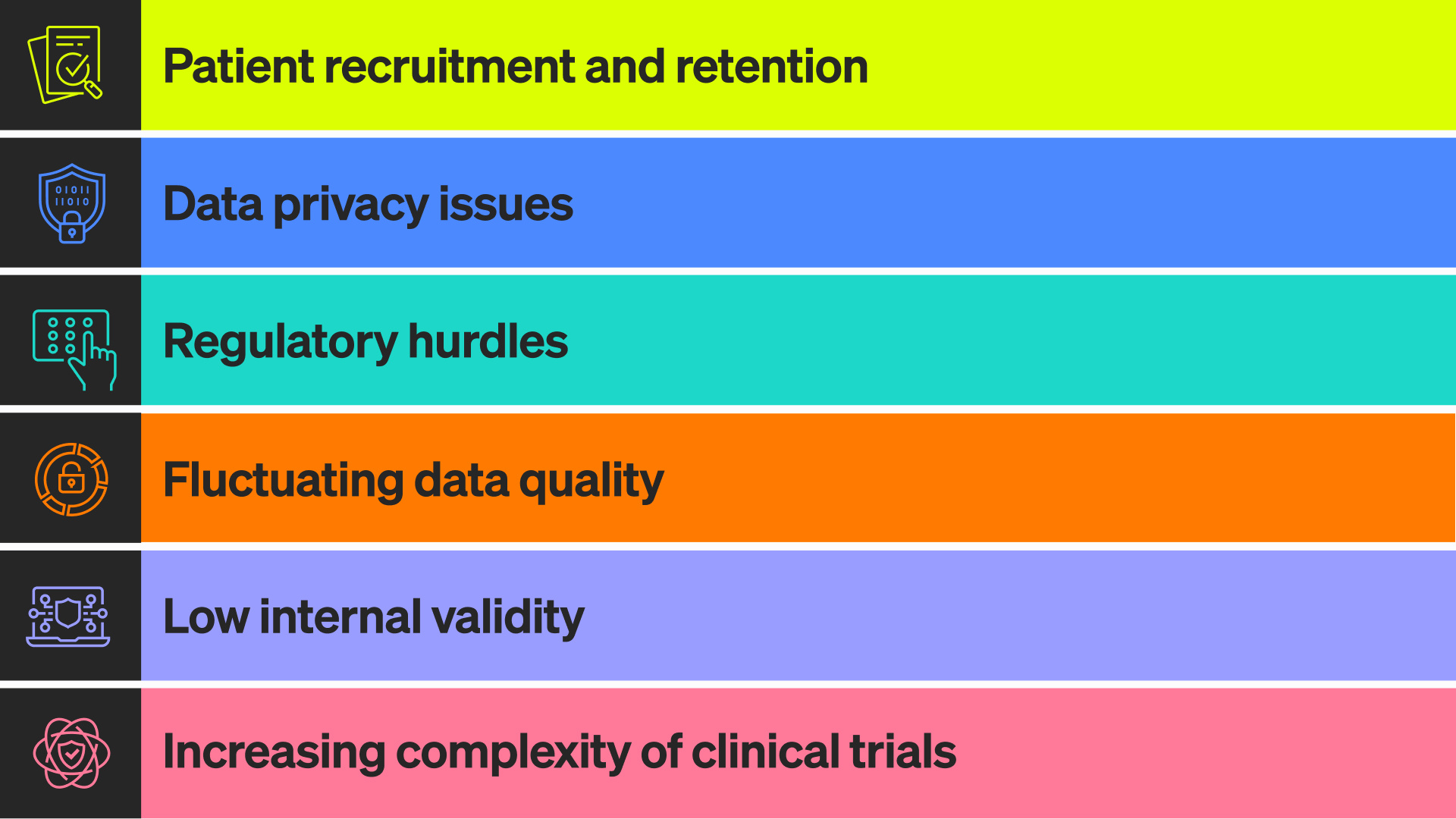
Solving these will help close the gap to obtain accurate, quality data for building longevity health plans.
DeSci longevity projects: 2 innovative examples
Now, let’s examine a couple of real-world DeSci longevity-based projects in this new innovative arena.
1 – Rejuve.AI – Aggregating longevity research with advanced healthcare data integration
Using AI and blockchain, Rejuve.AIs’ decentralized longevity application strives to make longevity therapies accessible and affordable. Its network connects scientists, researchers, clinicians, and product vendors.
According to Jasmine Smith, CEO of Rejuve.AI: “Being able to live a healthier life and extend longevity should be seen as a universal right, not a privilege, and access for everybody needs to be improved.”
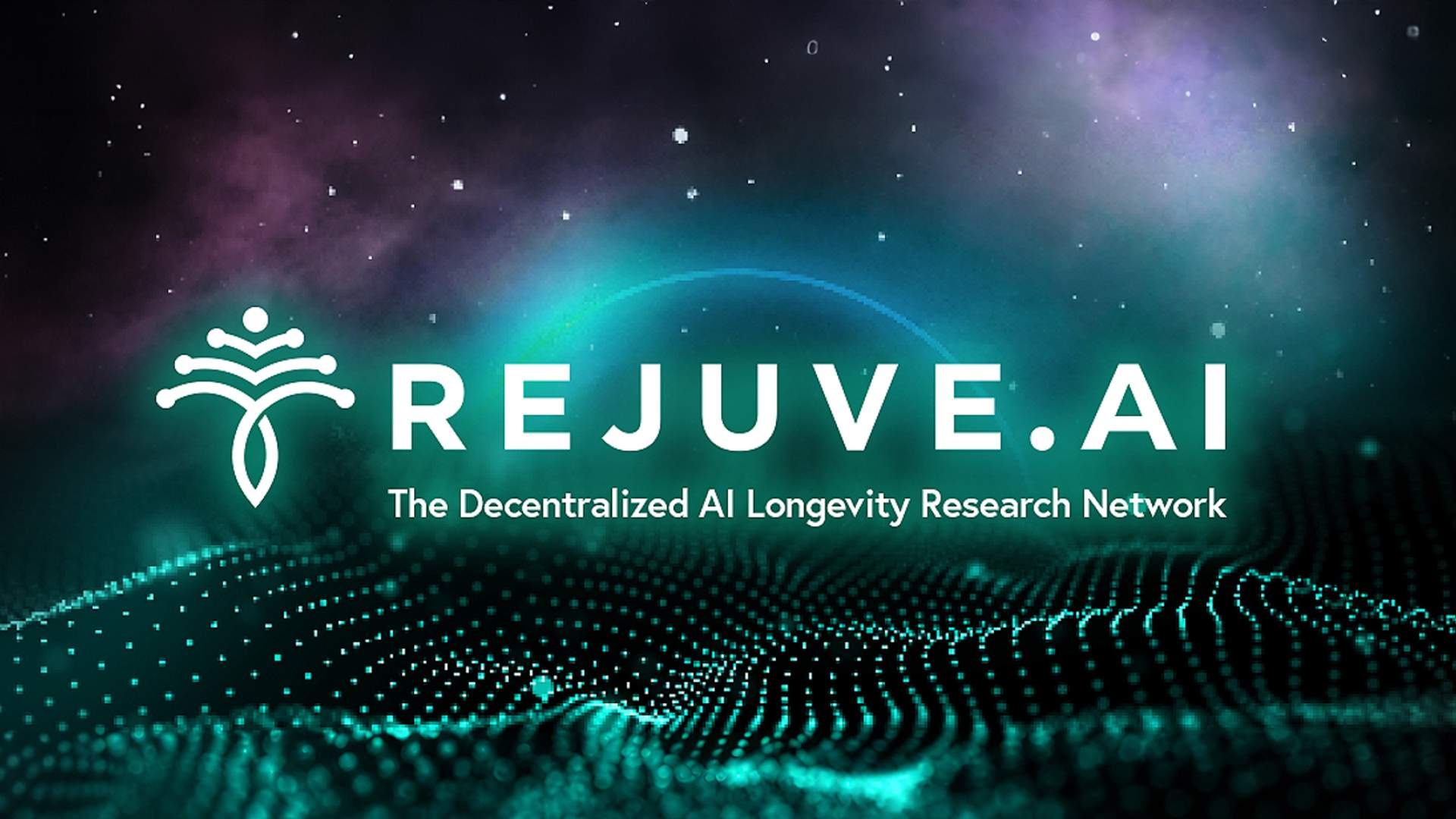
The Rejuve.AI Longevity App connects to wearable devices provided by their partner BIOSTRAP, a manufacturer of advanced wearable health monitoring devices.
This allows users to submit personal health data and track key health metrics, for which they are rewarded with RJV tokens. The network’s AI-driven research platform then integrates the collected data for analysis.
The analyzed data assesses the users’ health and offers research-based longevity recommendations.
In addition, the overall analysis of the crowdsourced data enables AI models to build a dynamic, multi-resolution mechanistic model of the human body. This aids medical researchers in developing new drugs, therapies, and treatments focused on longevity.
2 – Longevity Molecule – pursuing aging preventative medicine
Another shining example is the Longevity Molecule project run by the Scheibye-Knudsen Lab.
Dr. Scheibye-Knudsen, founder of the Longevity Molecule project, stated: “Many people think that aging is a natural process. The most important part to understand is that it’s a biological process. We know that we can influence this biological process, and we can impact aging in most organisms where we tested it. It would be strange if we could not do it in humans.”
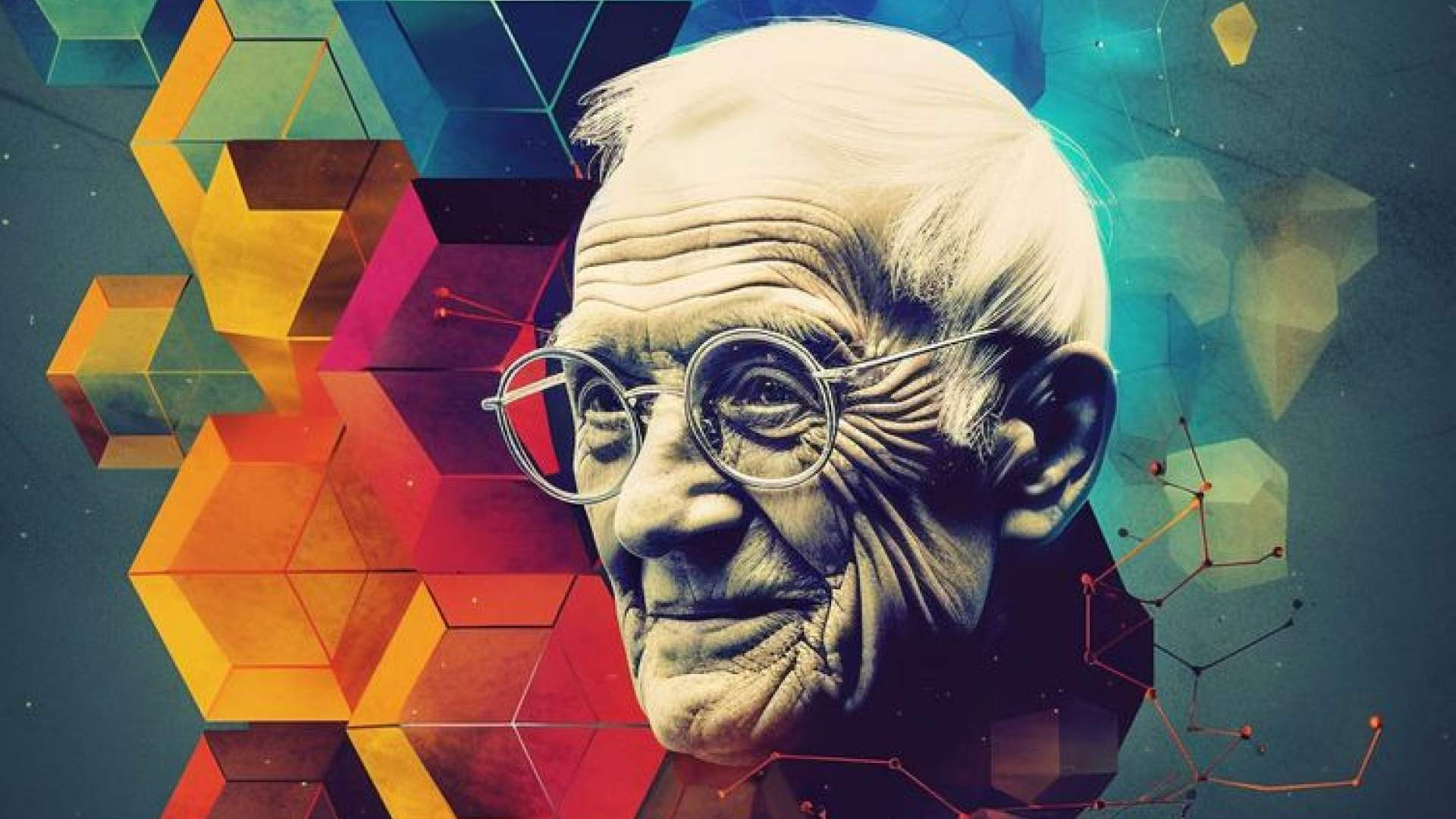
With the funding secured from VitaDAO, which we discussed in our overview of the Best DeSci Crypto Projects, the Scheibye-Knudsen Lab has developed interventions for aging and age-related diseases using modeling and gene sequencing.
By conducting clinical trials on human cells, it aims to understand the impact on human cellular aging.
Live long and prosper: The conclusion
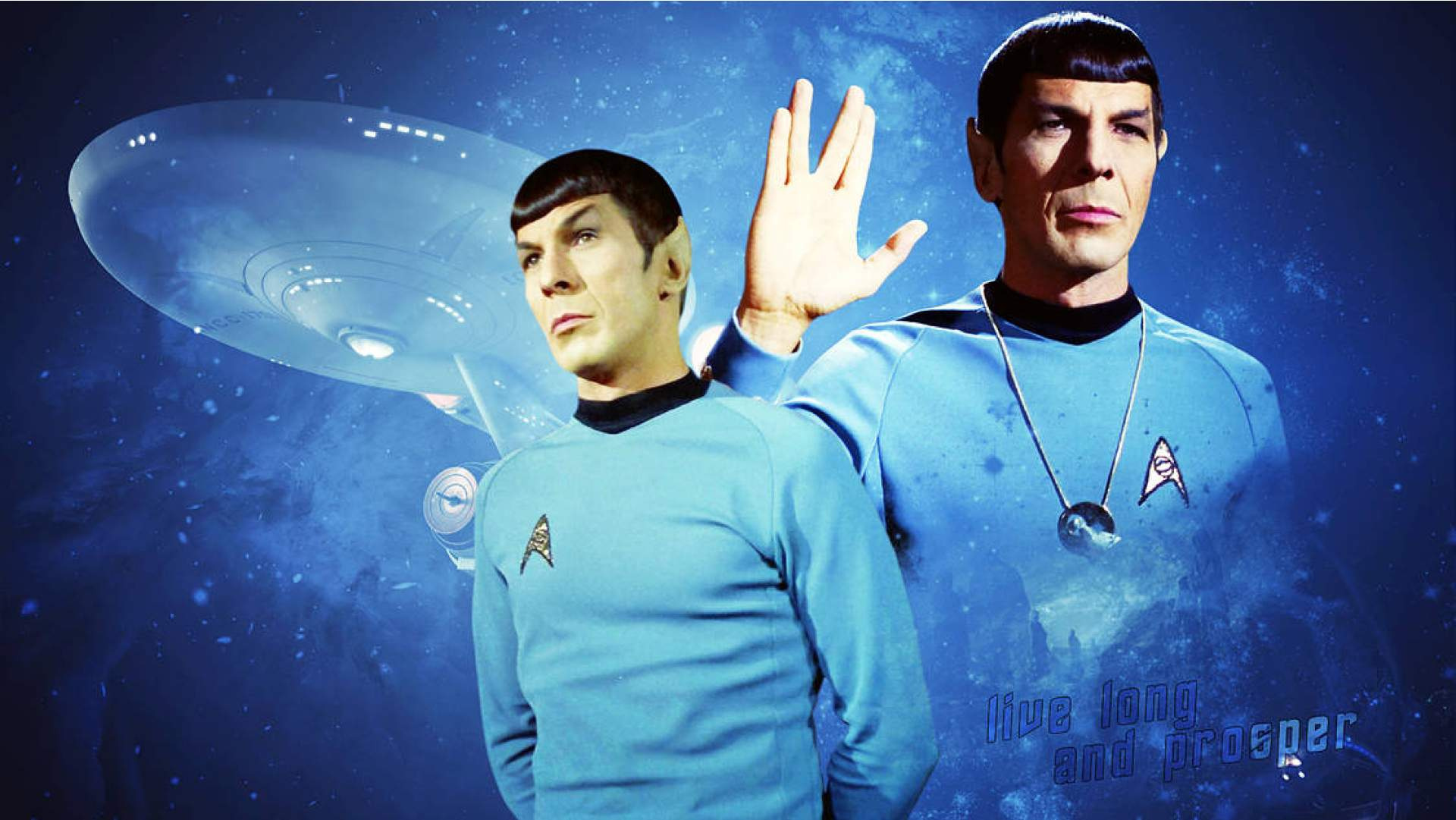
Could Mr.Spock’s famous mantra from the original Star Trek series, “Live long and prosper,” finally become true in the future?
According to the Pew Research Center: “Projections suggest there will be 3.7 million centenarians worldwide in 2050.” The longevity health industry has experienced remarkable growth over the last decade.
However, today, the term “Longevity” does not yet resonate in many major industries or investment organizations. The general take on longevity is that it is still associated with fitness and anti-aging creams.
Nevertheless, extensive evidence from longevity research shows that animal aging can be decelerated and that many age-related diseases can be delayed or prevented.
Identifying the biological differences in healthy agers from longevity studies and applying these insights to medicine could reshape the healthcare industry as we know it.
However, there is still work to do here. Governments, national economies, and institutions know that longevity healthcare has significant implications for the future and is essential for long-term global economic prosperity.
Is this likely to upend current health and DeSci business models going forward?
To discover how practical blockchain applications are already advancing longevity health and research, check out our in-depth report on DeSci – (How) Will It Make Research Great Again?
